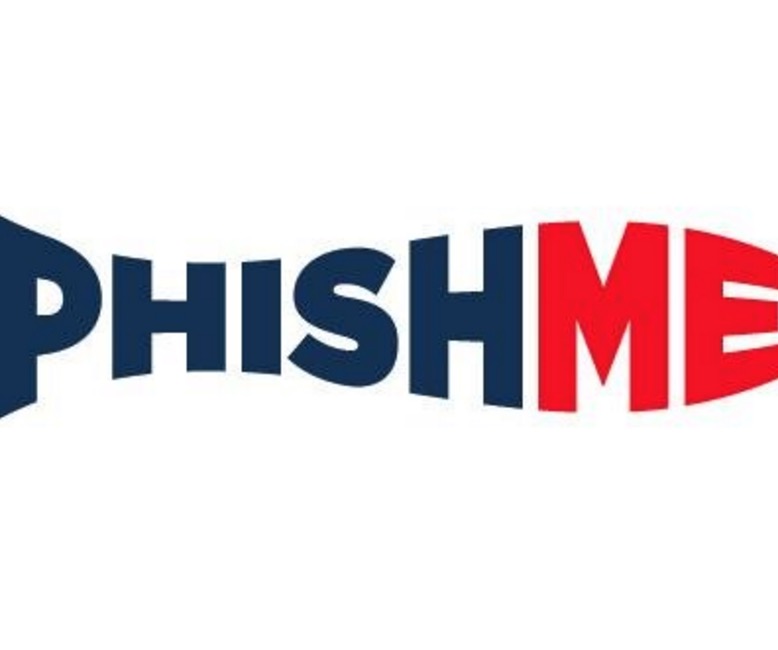PhishMe raises $42.5 million in Series C funding


PhishMe has raised $42.5 million in a Series C funding round, destined for use in an international portfolio push.
On Wednesday, the Leesburg, VA-based firm announced the cash injection, which will play a key part in PhishMe's plans to expand further into Europe and Asia.
The company says the funding will also be used to pump more cash into research and development and forging new business partnerships.
PhishMe previously raised $2.5 million in 2012 as part of a Series A funding round, and a further $13 million in a Series B round in March 2015. The latest push, which also includes the addition of new investor venture capital firm Bessemer Venture Partners, indicates that there is investor confidence in the company's expansion.
PhishMe is a little different when it comes to approaching cybersecurity in the workplace. Rather than offering software-based security solutions, the company focuses on the human element of security -- which reports suggest can be responsible for half of the worst data breaches in the workplace -- and trains employees in the enterprise in detecting security threats, such as phishing campaigns.
The total raised by the company has now reached $58 million.
PhishMe supports over 250 employees and has worked with almost half of the Fortune 100 companies.
"Institutional capital has become more selective for cybersecurity companies over the last three quarters. We are fortunate to have attracted interest from the most highly regarded investment firms in the world. This is testament to our strong business model and the investment community's confidence in our ability to execute and maintain expansive growth for years to come," said Rohyt Belani, CEO and co-founder.
"This strategic funding will put us in a position to drive further innovation in email security and phishing defense strategies, as well as explore inorganic growth opportunities," Rohyt added.